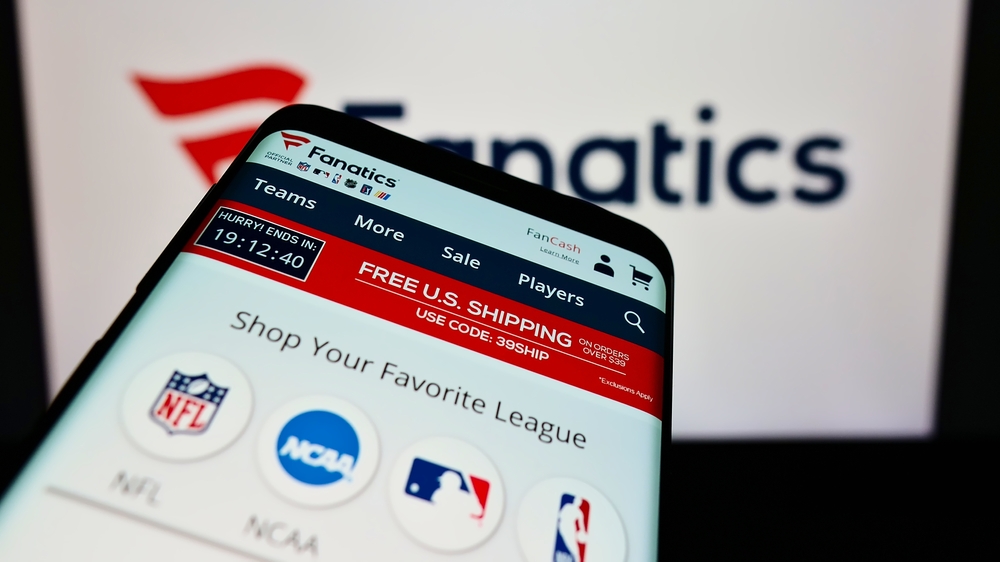The popular sports merchandising firm Fanatics confirms ceding 60% ownership in Candy Digital. Explaining the acquisition, the chief executive Michael Rubin admitted partnering with other investors to purchase a 60% stake in the NFT startup.
Fanatics’ company memo echoed Rubin’s statement to the employees and confirmed the successful divestment of a significant stake within the NFT launchpad Candy Digital. Fanatics’ chief executive disclosed on January 5 of selling off 60% to a group of investors led by the co-founding shareholder Galaxy Digital.
Hiving Off Standalone NFTs Business
The disposal of the entertainment-centric NFT firm coincides with the round of headcount reduction at Candy Digital. Rubin indicated that the layoff was triggered by a liquidity crisis attributed to the ongoing crypto winter.
Terming the sale a straightforward decision, Rubin’s memo indicates that all factors portrayed a need for Fanatics to divest Candy Digital. Started in June 2021, the Gary Vee-backed NFT startup raised $100 million in October.
While the NFT startup value rose to $1.5 billion, the declining market in 2022 changed its fortunes. As such, Candy Digital was no exception to the crypto market decline that reversed the growth trajectory of most startups. By November 2022, Candy Digital downsized its 100-person workforce by a third.
Reasons for Divesting Candy Digital Stake
After explaining the divestment decision, Rubin’s email indicated that majorly NFTs operation would become an integrated feature rather than a standalone business in the future. However, he lauded Candy Digital for facilitating Fanatics’ acquisition of Topps – a storied trading card with independent NFT business.
Rubin’s email emphasized that the prolonged crypto winter in 2022 revealed the vulnerability of NFTs. Consequently, Rubin indicated that the sudden decline in NFTs ruled out the likelihood of them running sustainably as independent businesses.
Instead, Fanatics challenged crypto operators to connect digital products with physical collectibles. Doing so would make the digital products invaluable since they will enable collectors to optimize their experience.
Rubin observed that selling Candy Digital stake was necessary for Fanatics to retain integrity with its investors. He regretted the existence of competing objectives portrayed by shareholders since they hindered the integration of Candy within the Fanatics culture.
Favorable Outcome for Investors
Rubin disclosed that investors attracted to Candy Digital were inspired by Fanatics’ track record, not NFTs or the investment itself. He lauded the divestment since investors are set to recoup investment via cash.
In addition, investors will obtain additional shares within Fanatics. Rubin considers such a favorable outcome as the imploding NFT segment, where standalone NFTs are battling declining transaction volumes and pricing.
Editorial credit: Wirestock Creators / Shutterstock.com
